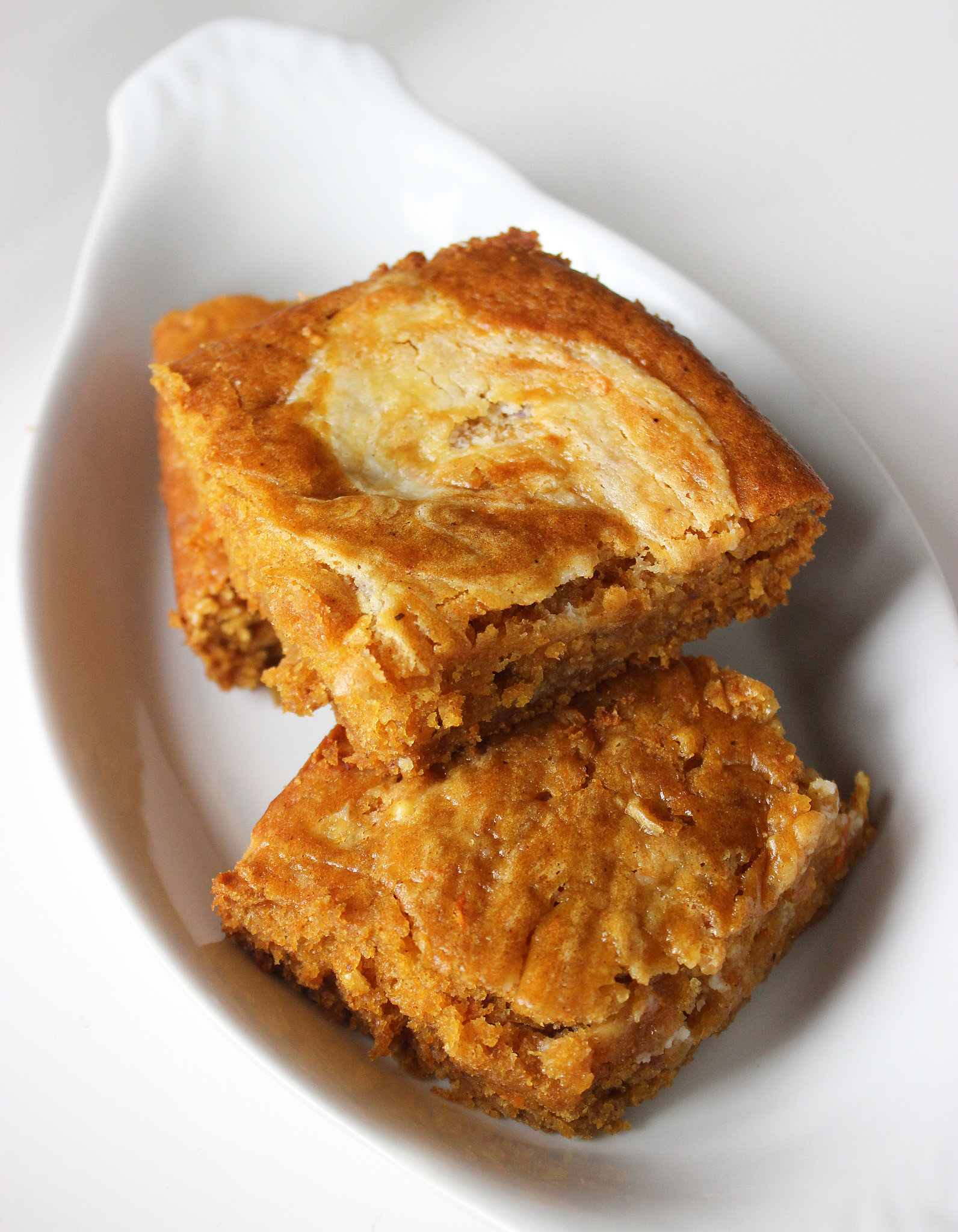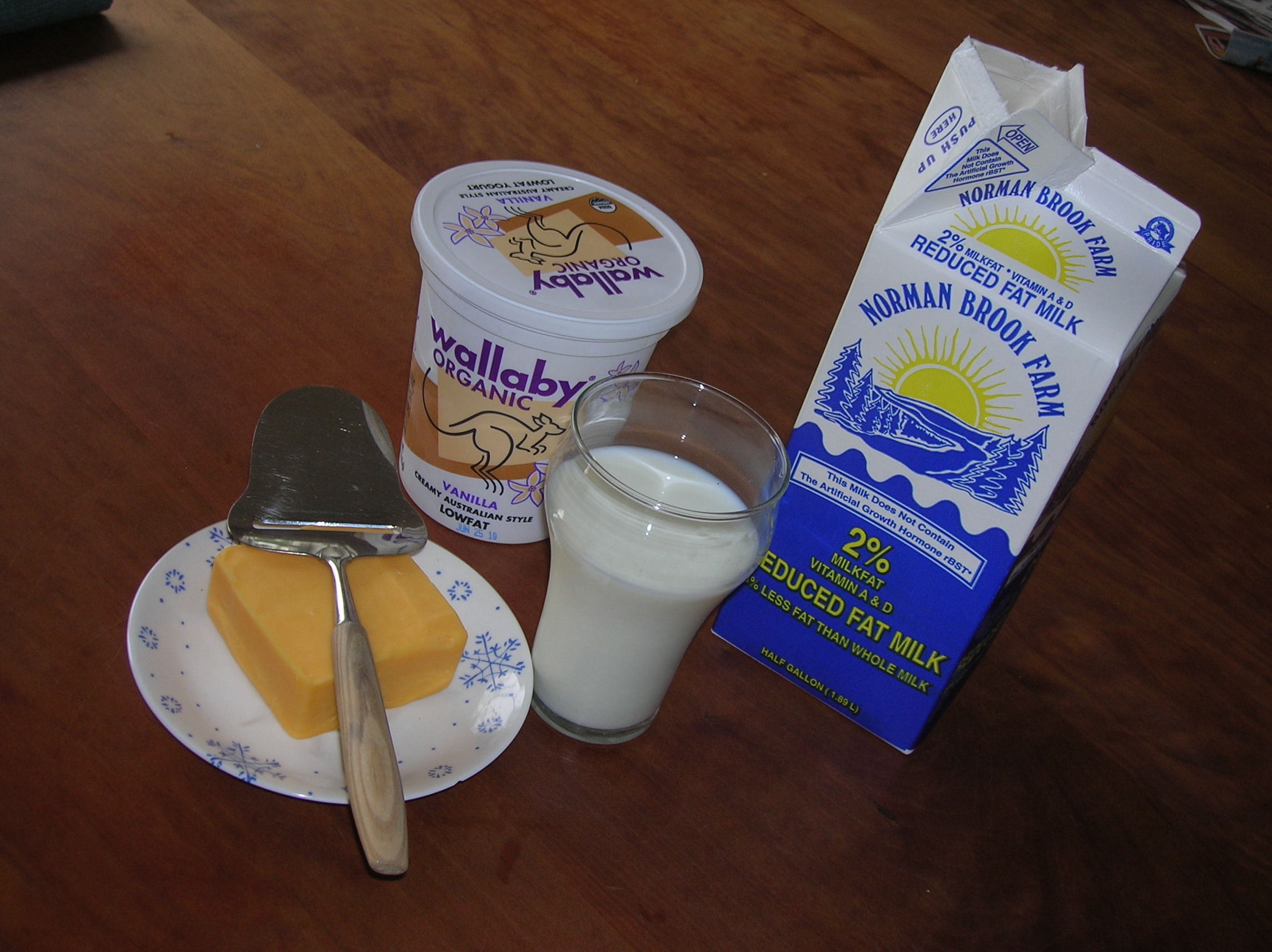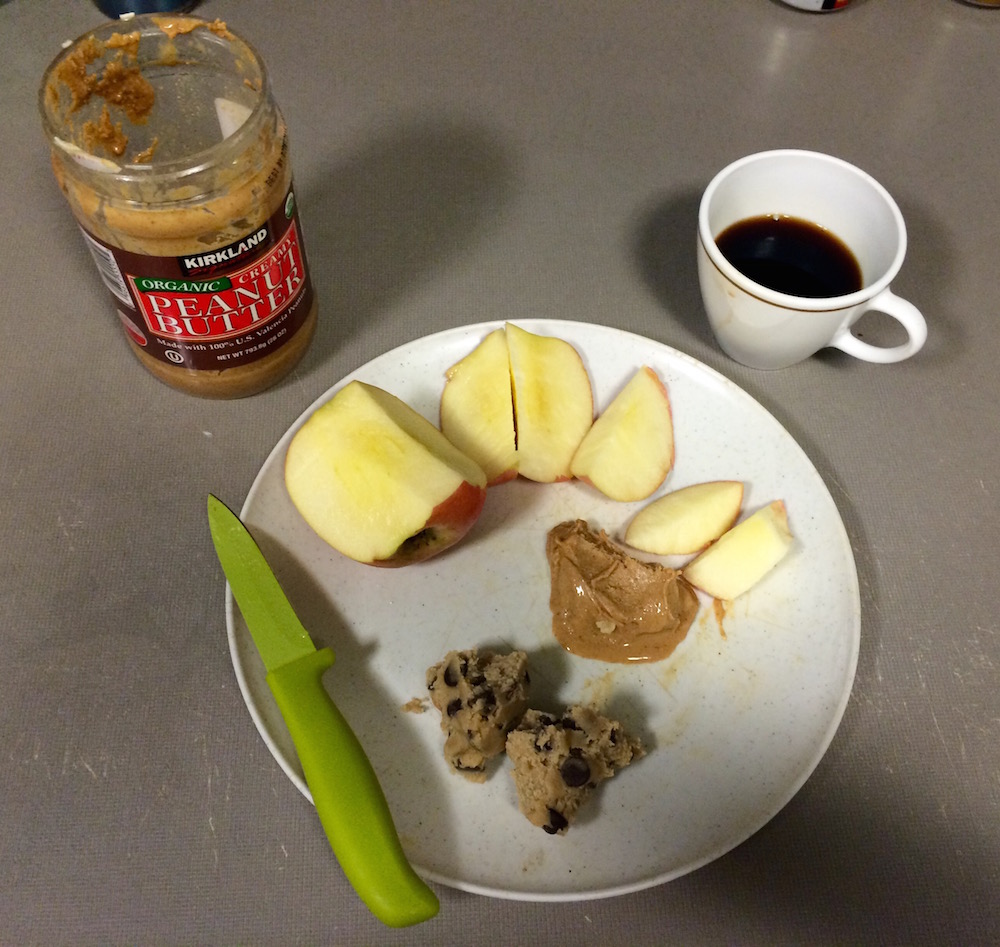
What are the Best Nutritional Practices of Endurance Skiers?
Endurance athletes have different nutritional needs than does the general population. It’s important for endurance athletes to maintain optimum energy levels for peak performance before, during and after training and events. You can’t leave your diet up to a Sloto Cash casino gamble if you’re involved in endurance skiing or any other sport. You have to weigh balance your proteins and carbohydrates carefully while being careful to take vitamin and mineral supplements as needed.
Carbohydrates
Dieters are told to avoid carbohydrates because they can pack on the calories but these starches and sugars are an athlete’s best friend. Carbohydrates fuel our bodies. You can think about it as if you’re fueling a car – each gram of carbohydrates is dqual to 4 calories of fuel. Your body stores carbohydrates as glycogen in the liver and in the muscles. The body then relies on these glycogen reserves to stabilize blood sugars which then facilitates optimal muscle function.
It’s suggested that endurance athletes consume 45-65% of their meal intake in carbohydrates to allow 100-125 grams (400-500 calories) to be stored in the liver and an additional 2 grams of glycogen per pound to be stored as muscle tissue. This is the amount of glycogen needed to provide the energy needed to train or race for 2 hours at a moderate intensity. You’ll want more carbohydrates for longer training sessions or events so that you avoid muscle fatigue and glycogen depletion with its resulting muscle fatigue.

How Much?
Sports nutritionists say that if you’re preparing for an event that lasts longer than three hours, in the 72 hours leading up to the event you need to load up by incorporating four to five grams of low fiber, easy-to-digest carbohydrates for every pound of lean body weight every day. If the event is of shorter duration, you can complete a 48-hour carb-loading protocol, especially if there’s no reduction in pre-race training volume – if you’re training through the race. Such easy-to-digest carbs include white rice, potatos, pretzels, plain bagels, white pasta, rice-based cereals, bananas, energy bars and sports drinks.
On the day of the event you should try to load up with 100-150 grams of low fiber, easy-to-digest carbs during the 2-3 hours right before the event. Plan for 1 hour digestion time for every 200-300 calories consumed. Some protein should be added but the majority of the caloric intake should be in carbs. For instance, a pre-event meal to be eaten 2-3 hours before the event might be something like a plain bagel with peanut butter and honey and a sports drink.
During the event you want to extend endurance by maximizing carbohydrate update into the muscles. That means that for each hour of training or racing beyond 45 – 90 minutes you want to take in approximately ¼ – 1/3 your body weight in grams. Here, you want multiple types of carbohydrates including those with glucose, destrose, sucrose, Maltodextrin and fructose. These food idems include energy bars, energy chews, energy gels and sports drinks.
After the event you still need to consider your nutritioual intake to promote rehydration and repletion of carbs. As soon as possible after the training session or the race, eat or drink 50-100 grams of carbohydrates – as much as possible, in liquid form.
Proteins
It’s unadvisable to have too much protein intake before and during an event because it can slow gastric emptying which then leads to a stomach distress and muscle cramping/fatigue. However, according to many sports nutritionists, it’s a good idea to include small amounts of protein during bouts of prolonged activity because, taken in slowly, these protein boosts can aid fluid uptake, spare muscle glycogen and mute hunger, leading to enhanced performance.
During digestion, proteins, which make up 20% of our body weight in the form of bone, muscle, skin and cartilage, break down into chemical building blocks (amino acids). During training, endurance athletes should aim for a daily ½ – ¾ gram of protein per pound of lean body mass. If you are on a restrictive energy intake you should aim for the higher end of this guideline.
In the hours leading up to the event, try to include 10-20 grams of protein, such as non-fat milk or yogurt, eggs, peanut butter or energy bars, in your diet to help stabilize blood sugars. During the race try to take in up to 5 grams of protein every hour if you’re on the course for more than 4 hours. After the race you should make sure to drink specialized recovery sports drinks along with 10-20 grams of protein to repair immune function and muscle. Common post-event protein intake should include things like milk and meal replacement shakes.
Electrolytes
For sports events that last more than an hour, it’s essential that the athletes pay attention to the need to replace electrolytes. These minerals, which include sodium, potassium, calcium and magnesium, are essential to the normal function of muscle and other cells for the facilitation of metabolic activities. An imbalance in electrolytes can present in symptoms similar to dehydration: vomiting, nausea, cramping, weakness, twitching, labored breathing, confusion, “pins and needles” and overall fatigue.
Before an event, athletes may benefit from an increased salt intake, especially those who are prone to muscle cramping and fatigue. Many of the carb-loading foods such as sports drinks, cereals support this. On the morning of an event it’s suggested that athletes choose salty carbohydrate foods. Drinking a sports drink as opposed to plain water is also a good idea. If you are on blood pressure medication, speak to your doctor before consuming extra salt. After the event you can choose a sports drink to facilitate replacement of electrolytes and promote optimal rehydration.
Water
Athletes must always be conscious of the need to drink more water. Nutritionists suggest that athletes need to drink half their body weight. Because of the body’s tendency to lose weight over night, you should drink 16-24 ounces of fluid in the hours leading up to an event. You don’t want to over-hydrate which can cause hyponatremia – when you have more liquid in you than your body can absorb — which is just as dangerous as dehydration.

Caffeine
Caffeine gets a bad rap nutrition-wise but for athletes, it can be a helpful addition to the diet. Caffeine stimulates the central nervous system and can help reduce power loss and help maintain blood glucose concentration. It’s effect on the nervous system helps to reduce fatigue, discomfort and pain.
Some energy gels are caffeinated but not all athletes respond well to the added caffeine so using caffeine before, during or after an event isn’t for everyone.
If you feel that caffeine helps you, try to get the caffeine out of your system during the 10 days – two weeks before the event. Then, consume 100-300 mg of caffeine in the hours leading up to race start and another 25-50 mg of caffeine at the end of a race.



